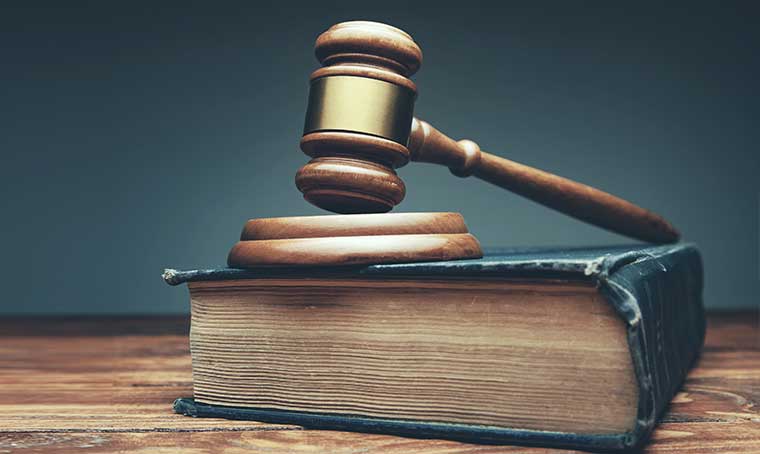Server's Corner

Is It Possible to Get of a Court Subpoena
If you just received a subpoena, don't panic! This blog post will tell you everything you need to know about the two types of subpoenas and how to refuse them. A subpoena is a legal document that is issued by a court or government agency and requires you to appear in court or provide information or documents. There are two types of subpoenas: one for testimony and one for documents. In this post, we will discuss each type and how to refuse them.
How to Refuse a Subpoena
If you have been served with a subpoena for testimony, it means that you are required to appear in court and testify about what you know regarding a certain individual or situation. If you do not wish to testify, you can file a motion to quash the subpoena. This is a legal document that asks the court to cancel the subpoena. You will need to state a reason for why you are asking the court to quash the subpoena. Some common reasons are that the subpoena is too broad or vague, the information requested is “privileged”, or it would be an undue hardship for you to testify.
If you have been served with a subpoena for documents, it means that you are required to provide documents or other types of evidence to the court. You can also file a motion to quash this type of subpoena. As with a subpoena for testimony, you will need to state a reason for why you are asking the court to quash the subpoena. Some common reasons coincide with those of testimony subpoena: you can state that it is too broad or vague, it would be an undue hardship for you to provide the documents, or the evidence was lost or destroyed prior to receiving the subpoena.
When you receive a subpoena, it is important to take it seriously. Ignoring a subpoena can have serious consequences, including fines and even jail time. If you are served with a subpoena, you should immediately consult with an attorney. An attorney can help you understand the subpoena and what options you have. Ignoring a subpoena is not advisable and can have severe consequences. If you choose to ignore a subpoena, you may be held in contempt of court. This could result in fines and even jail time.
On the occurrence of such an event, consult with your attorney as soon as possible. An attorney can help you determine if you should file a motion to quash and can assist you in preparing your legal arguments. And as always, if you need help serving a subpoena, let Roland Investigations handle that.
By Roland Investigations 8-5-2022
Recent:
Categories
Archive
Jul 2025
Jun 2025
May 2025
Apr 2025
Mar 2025
Feb 2025
Jan 2025
Dec 2024
Nov 2024
Oct 2024
Sep 2024
Aug 2024
Jul 2024
May 2024
Apr 2024
Mar 2024
Feb 2024
Jan 2024
Dec 2023
Nov 2023
Oct 2023
Sep 2023
Aug 2023
Jul 2023
Jun 2023
May 2023
Apr 2023
Mar 2023
Feb 2023
Jan 2023
Dec 2022
Nov 2022
Oct 2022
Sep 2022
Aug 2022
Jul 2022
Jun 2022
May 2022
Mar 2022
Feb 2022
Jan 2022
Dec 2021
Nov 2021
Oct 2021
Sep 2021
Aug 2021
Jul 2021
Jun 2021
May 2021
Apr 2021
Mar 2021
Feb 2021
Jan 2021
Dec 2020
Nov 2020
Oct 2020
Sep 2020
Aug 2020
Jul 2020
Jun 2020
May 2020
Mar 2020
Feb 2020
Jan 2020
Dec 2019
Nov 2019
Oct 2019
Aug 2019
Jun 2019
May 2019
Apr 2019
Mar 2019
Feb 2019
Jan 2019
Dec 2018
Oct 2018
Aug 2018
Jul 2018
Jun 2018
Apr 2018
Mar 2018
Feb 2018
Dec 2017
Oct 2017
Aug 2017
Jun 2017
May 2017
Apr 2017
Mar 2017
Jan 2017
Nov 2016

To send us an email 24/7,
fill out our form.
Mail all documents to:
1660 S Albion Street, Suite 718
Denver, CO 80222
Service@RolandInvestigations.com
